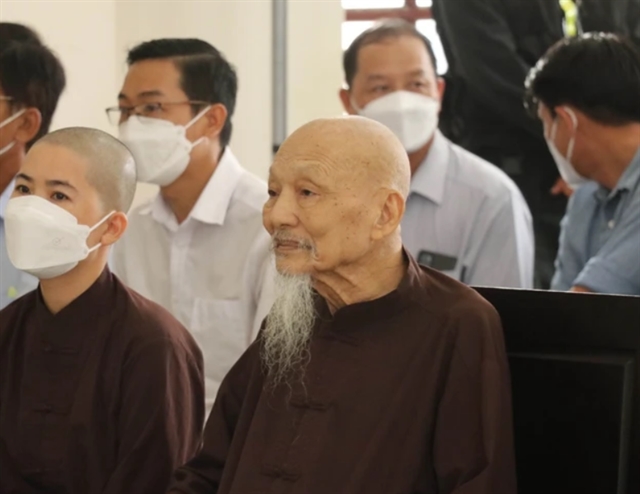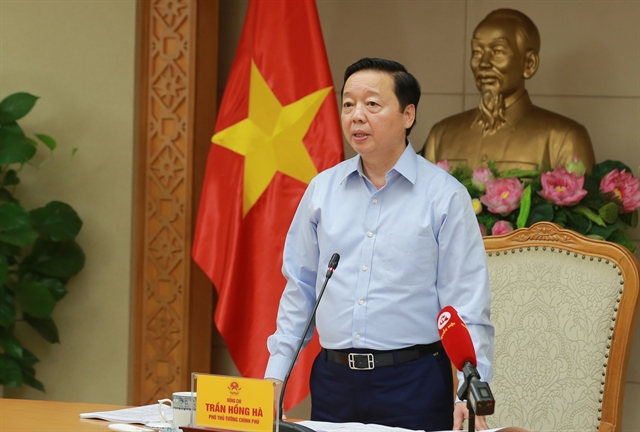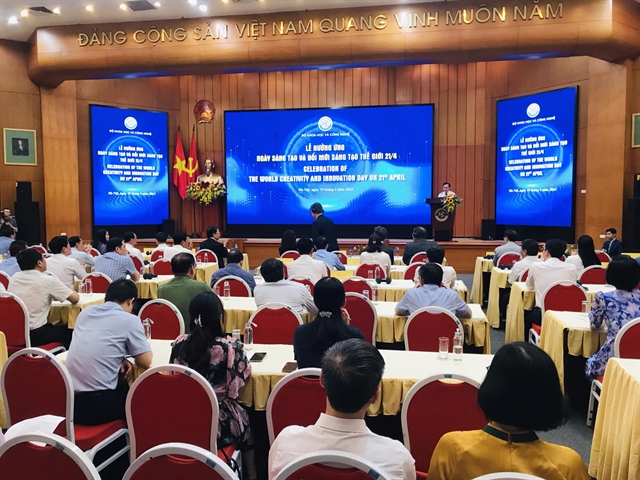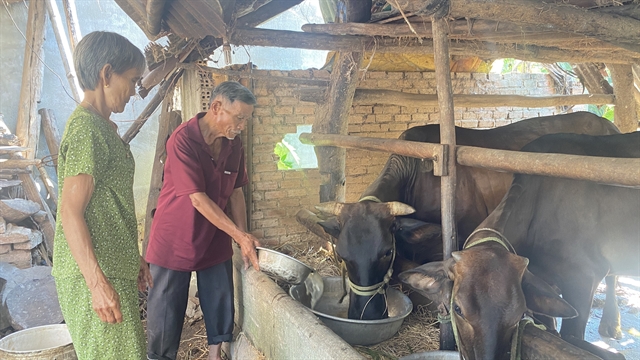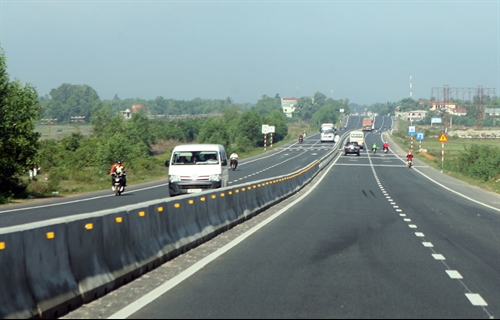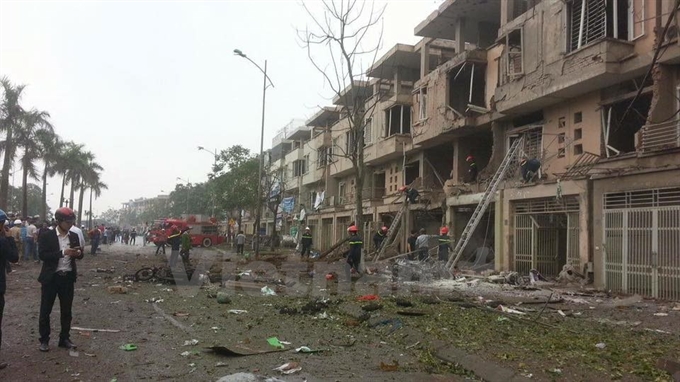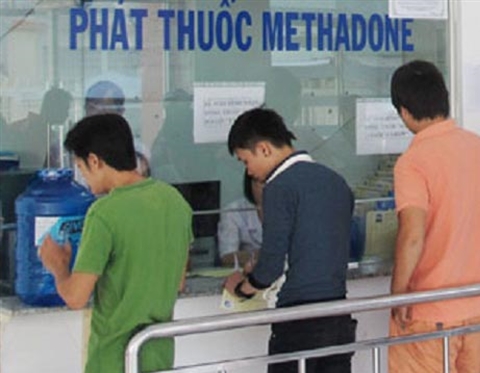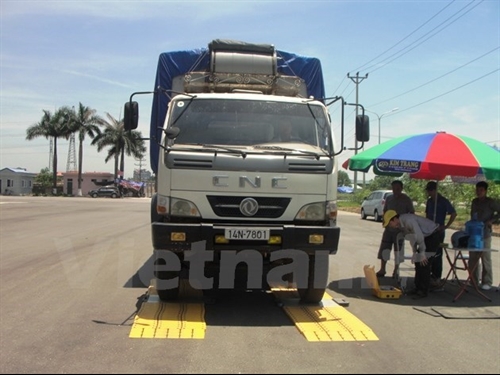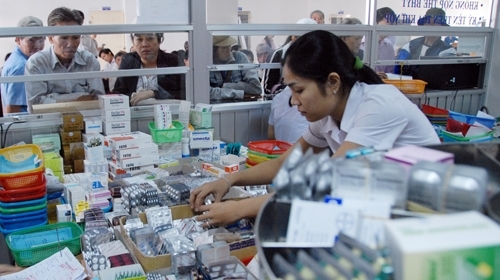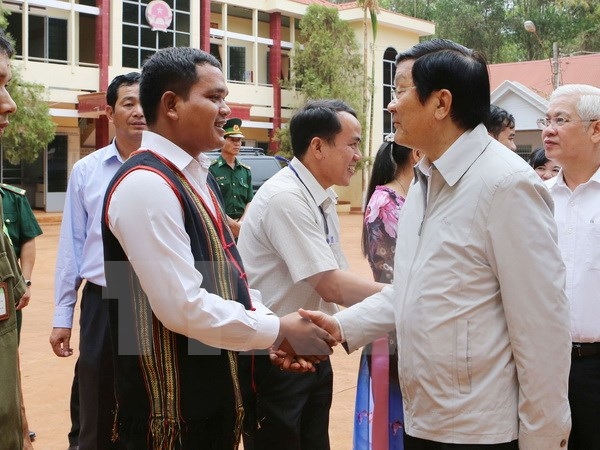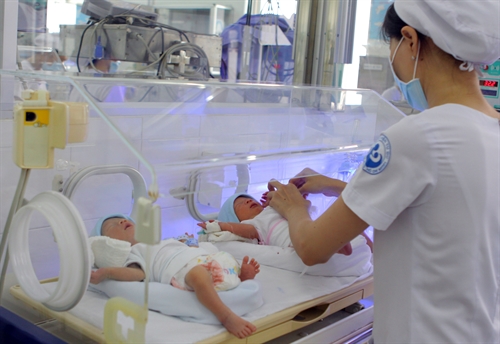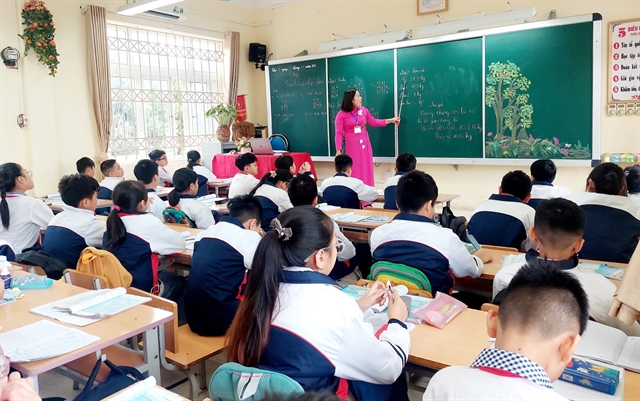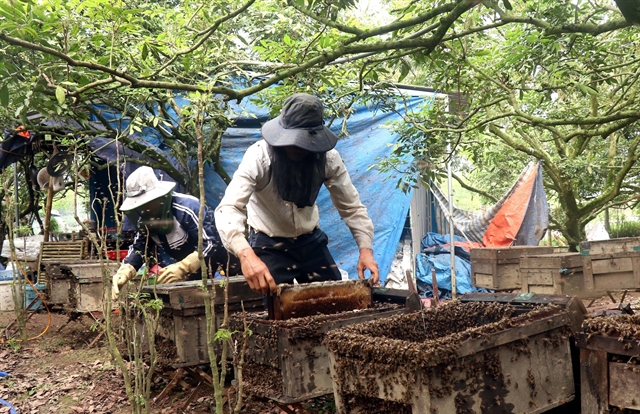
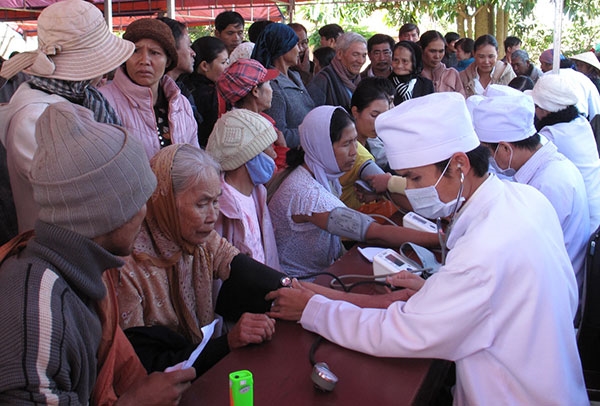 |
| Doctors provide health check-ups for people in Tu Tra Commune, Đơn Dương District of Central Highland Lâm Đồng Province. — Photo baolamdong.vn |
ĐẮK LẮK — More advanced medical equipment will be provided to 36 grass roots health centres in Central Highlands provinces this year, during the second phase of a healthcare project that will end in 2019.
Short- and long-term training courses and workshops will also be held for medical personnel.
Ten hospitals will be selected to implement the Ministry of Health’s 83 quality management criteria.
The US$76.6 million project, which will get a loan worth $70 million from the Asian Development Bank, seeks to develop the healthcare system, especially in provinces with poor, ethnic minority, and other disadvantaged people.
A total of 54 commune health centres, general health clinics, and district hospitals will be upgraded.
In its first phase, 200 doctors were trained, 12 district health centres, four health education centres, and two medical vocational training schools were built and new equipment was provided to hospitals.
According to the ministry, health indices in the region remain lower than the country’s average.
For instance, the rate of child mortality is double the national figure and the number of doctors per 10,000 populations is 6.8 compared to 7.8 for the nation.
Health centres at ward and commune levels suffer from a shortage of doctors.
At a three-day conference to discuss the project’s implementation held on March 18 in Buôn Mê Thuột city, Minister of Health Nguyễn Thị Kim Tiến instructed nuclear and satellite hospitals in the region to allot funds and provide basic equipment for training to improve the professional capacity of doctors at grassroots levels.
She said provinces should have policies on paying allowances to midwives at village-level health centres under a Government decision.
They would provide reproductive health care and could help reduce deaths among mothers and children in the region’s ethnic minority areas, she said.
She also called for allocating funds provided under the national new rural area programme to building more national-standard health centres, developing satellite hospitals and preventing epidemics. —VNS
